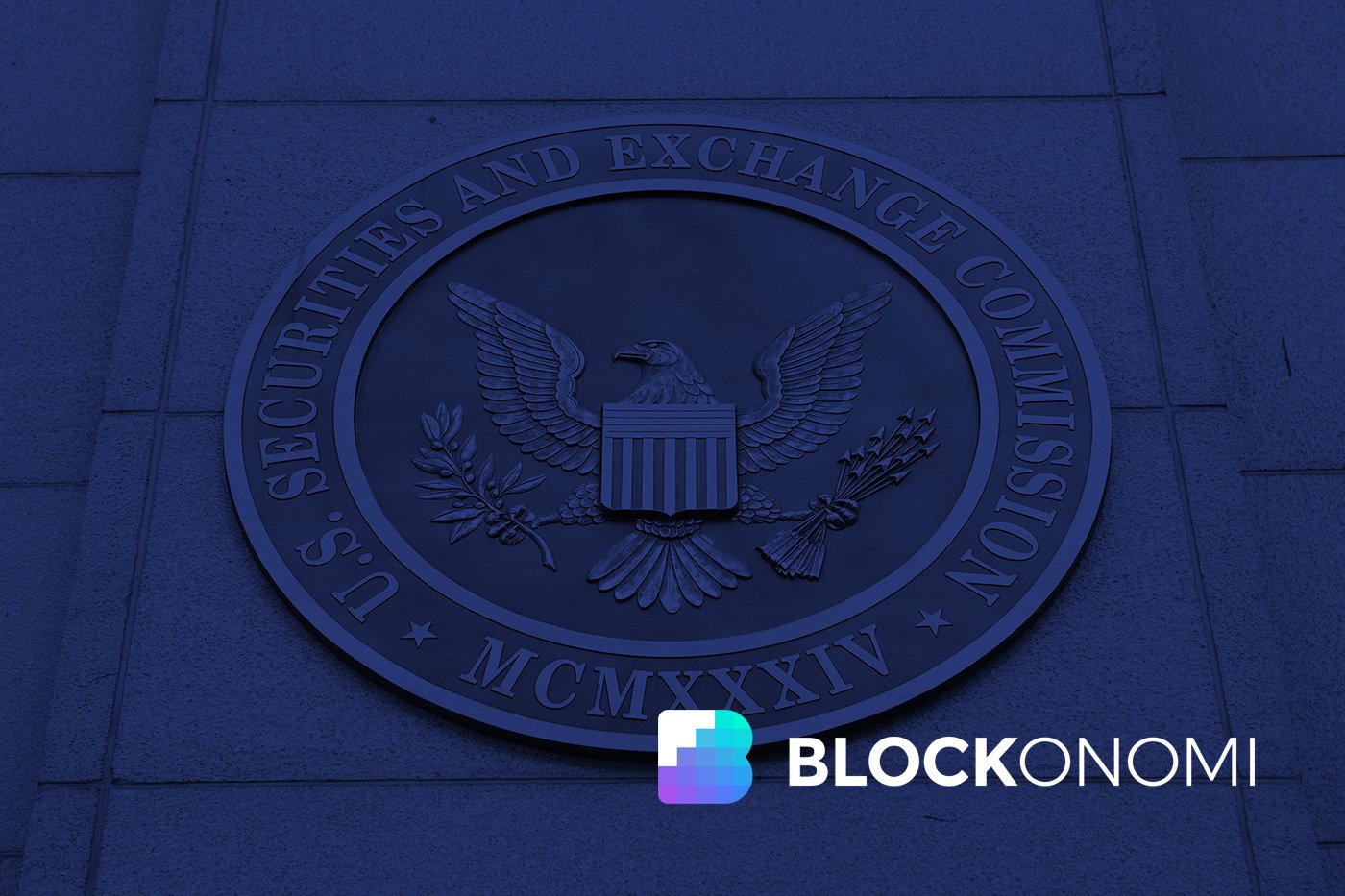SEC Delays Fidelity Bitcoin Ethereum ETF In-Kind Redemption Decision

TLDR
- SEC delays decision on Fidelity’s in-kind redemptions for Bitcoin and Ethereum ETFs, with no timeline provided
- BlackRock’s Ethereum ETF filing was acknowledged by SEC, showing increased regulatory interest
- Multiple issuers including WisdomTree and VanEck face similar delays on in-kind redemption proposals
- June deadlines approach for Grayscale’s staking request and Bitwise/WisdomTree updated filings
- New SEC Chair Paul Atkins may bring fresh perspective to crypto ETF policies after Senate confirmation
The Securities and Exchange Commission has postponed its decision on Fidelity’s request to add in-kind redemptions to its spot Bitcoin and Ethereum exchange-traded funds. This delay affects one of the largest asset managers seeking to improve ETF operations through direct crypto asset exchanges.
In-kind redemptions allow authorized participants to exchange ETF shares directly for underlying cryptocurrency assets instead of cash. This mechanism is standard in traditional ETFs and helps reduce trading costs and tax consequences for investors.
The SEC has not provided a specific timeline for when it will make a final decision on Fidelity’s proposals. This uncertainty extends to both the company’s Bitcoin and Ethereum ETF applications, leaving investors without clarity on when these features might become available.
Fidelity joins several other major issuers facing similar regulatory delays. In April, the SEC postponed rulings on in-kind redemption proposals from WisdomTree for its Bitcoin Fund and Ethereum Fund, as well as VanEck’s Bitcoin Fund.
SEC DELAYS IN-KIND REDEMPTIONS FOR FIDELITY SPOT BITCOIN AND ETHEREUM ETFS
— Phoenix » PhoenixNews.io (@PhoenixNewsIO) May 22, 2025
The regulatory agency recently acknowledged BlackRock’s filing for in-kind redemptions on its spot Ethereum ETF. While acknowledgment does not equal approval, it suggests the SEC is giving serious consideration to these requests from major asset managers.
Growing Industry Pressure for ETF Features
Asset managers across the crypto industry continue pushing for features that would bring their products closer to traditional ETF structures. Several companies believe in-kind redemptions will create operational efficiency in cryptocurrency ETFs.
Industry participants are pressing the SEC to establish consistent standards for all issuers. Other jurisdictions including Canada, Hong Kong, and parts of Europe have already approved similar features for crypto-based ETFs.
The pressure comes as issuers seek to compete globally and offer products that match international standards. Without these features, U.S. crypto ETFs may lag behind their international counterparts in terms of efficiency and cost-effectiveness.
Current U.S. crypto ETFs must rely on cash redemptions, which can trigger capital gains taxes at the fund level. These taxes are then passed on to shareholders, creating a less tax-efficient structure compared to in-kind redemptions.
Upcoming Regulatory Deadlines
The SEC faces several important deadlines in the coming weeks regarding crypto ETF features. The agency must decide by June 1 on Grayscale’s request to add staking to its spot Ethereum ETF.
Another decision deadline arrives June 3 for Bitwise and WisdomTree’s updated filings seeking approval for in-kind redemptions. These deadlines will test the SEC’s approach to crypto ETF innovation under new leadership.
The SEC also delayed its decision on 21Shares’ proposal to introduce staking into its Ethereum ETF. Staking allows investors to earn rewards by helping secure blockchain networks but remains prohibited in U.S.-approved spot crypto ETFs.
This pattern of delays has become common as the Commission reviews various crypto-linked ETF proposals. The delays reflect the regulatory caution surrounding new features in the cryptocurrency space.
Paul Atkins recently received Senate confirmation as the new SEC Chair and is expected to bring a fresh perspective to crypto ETF policies. His appointment may signal potential changes in how the agency approaches these applications.
The industry continues to wait for regulatory clarity as multiple proposals remain under review. The outcomes of these pending decisions will shape the future structure of crypto ETFs in the United States.



